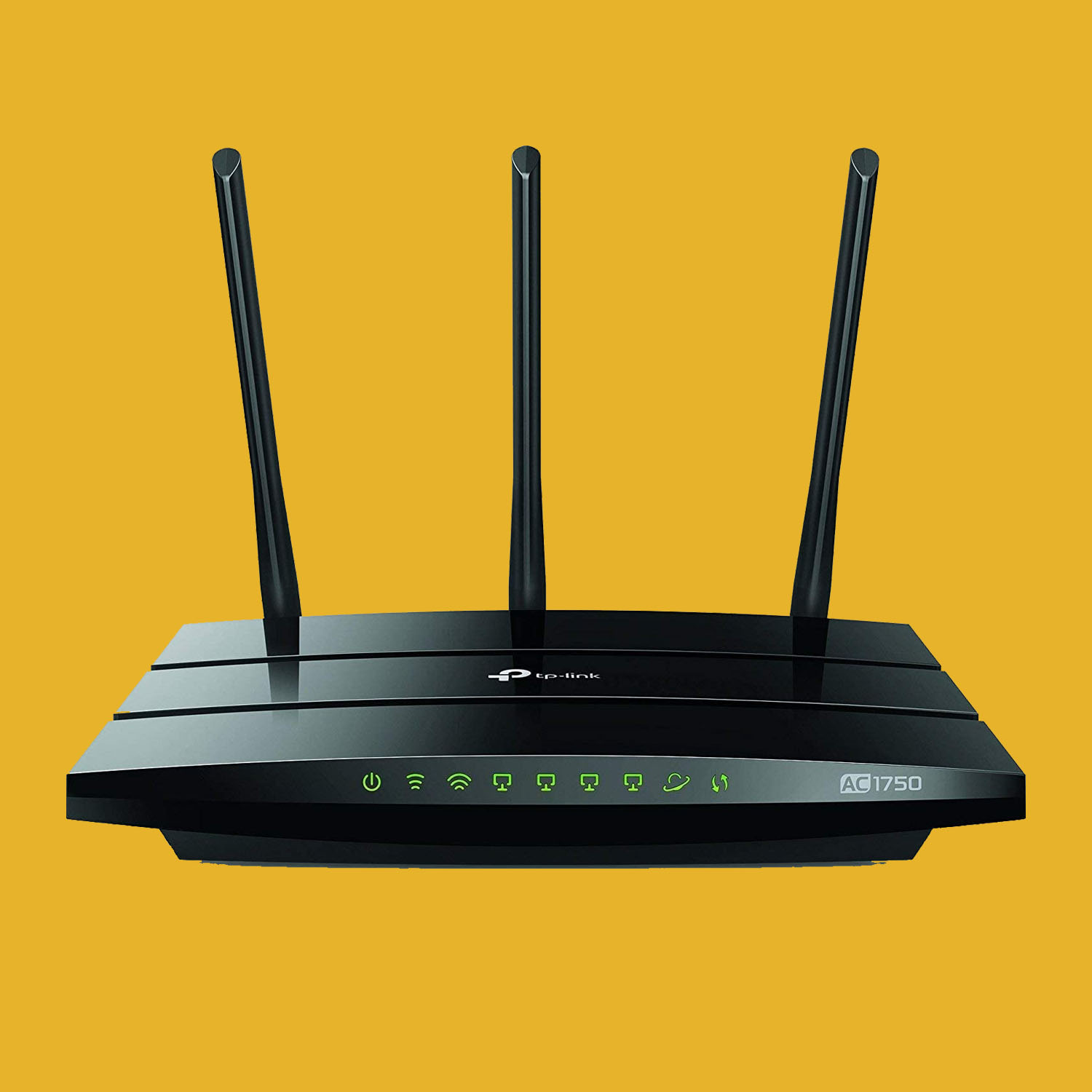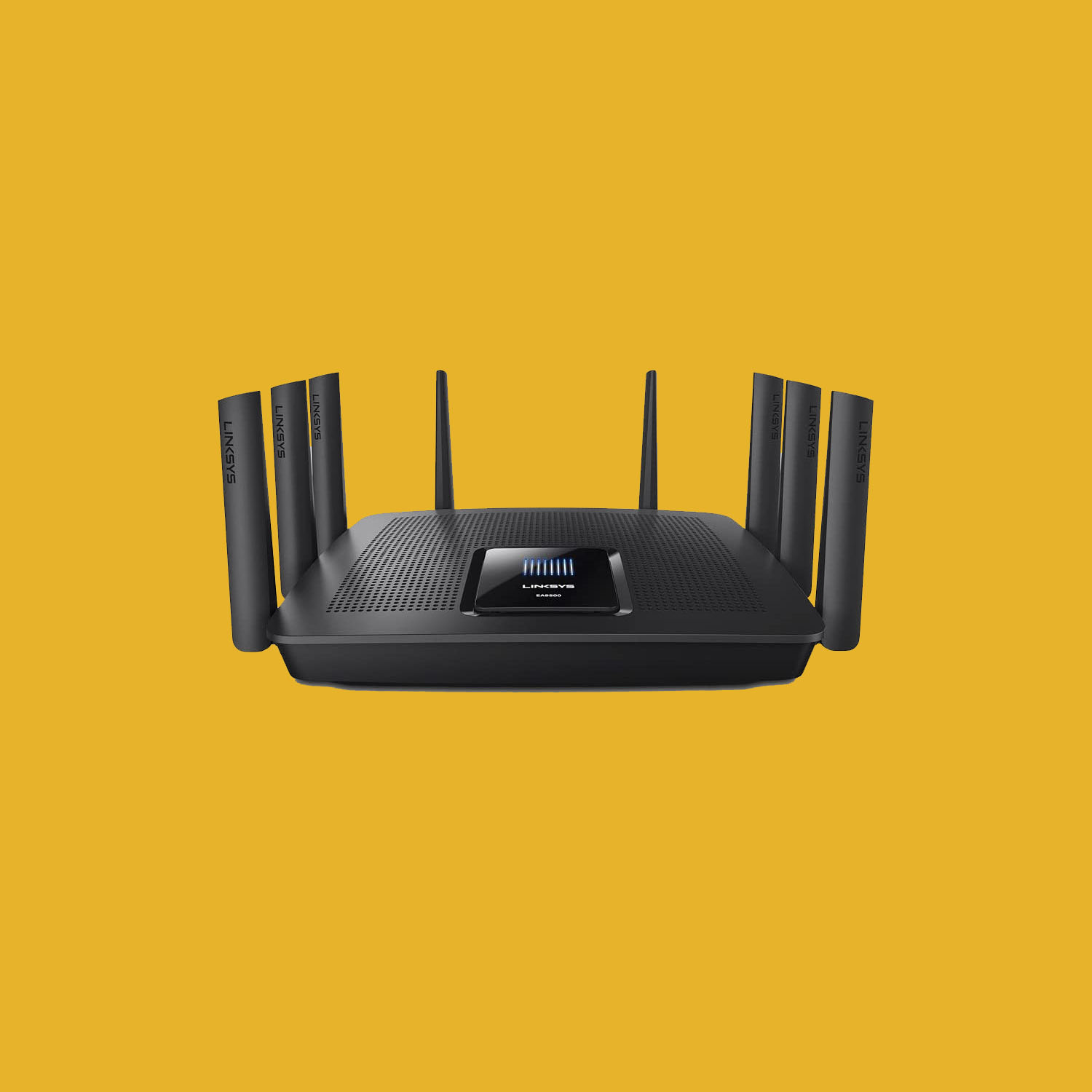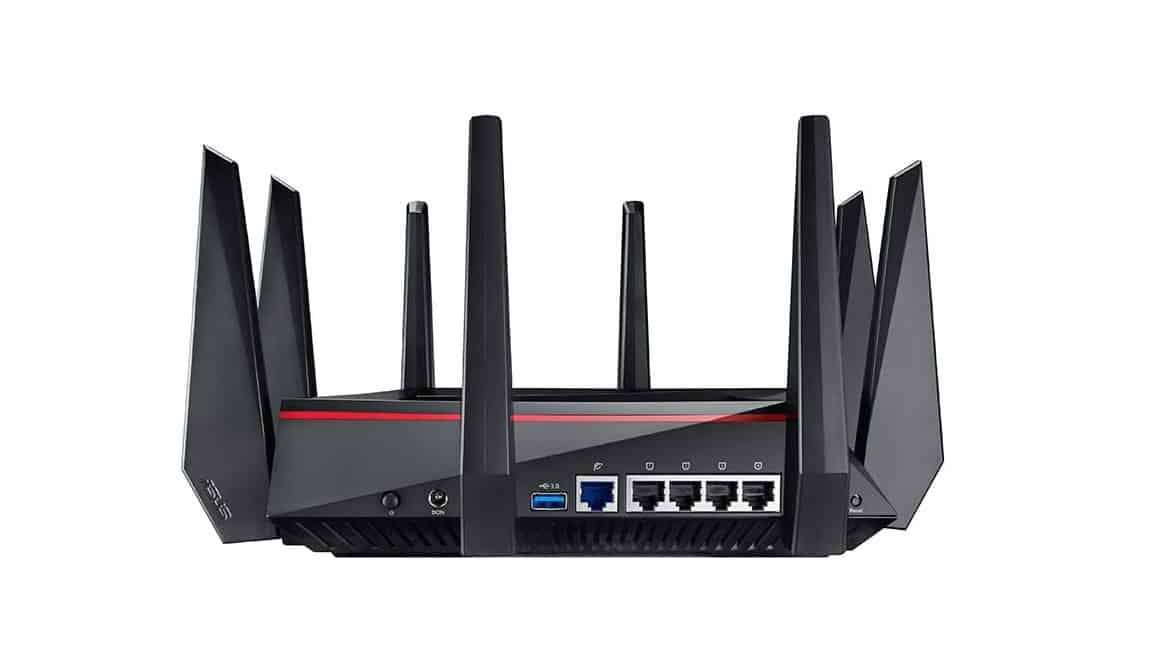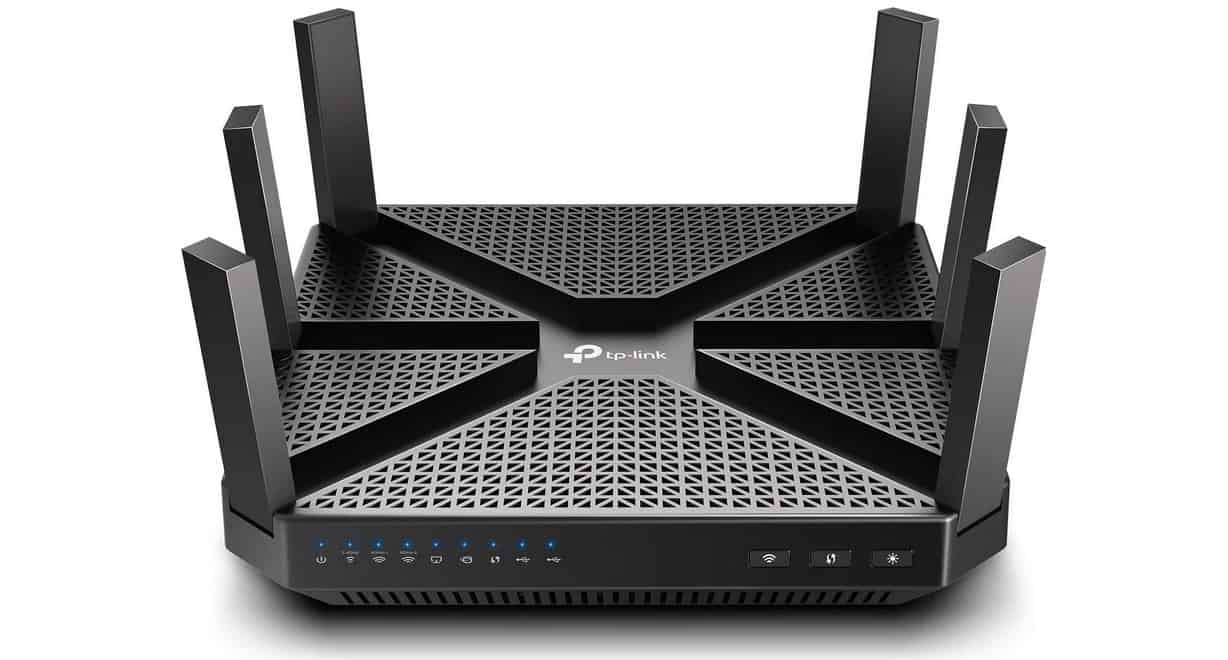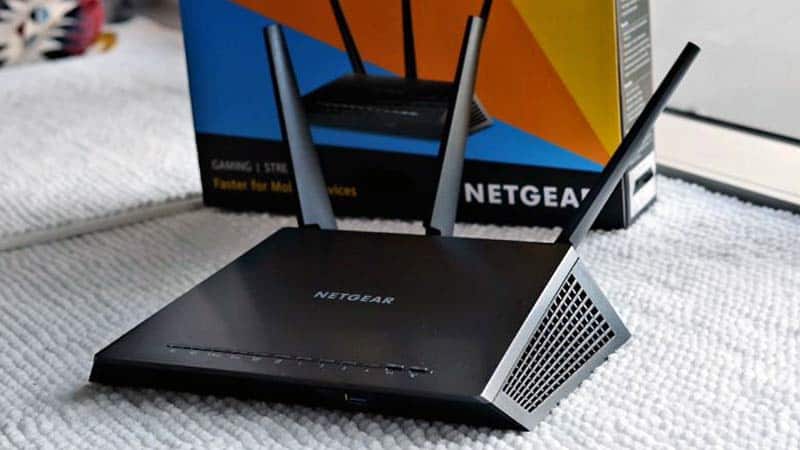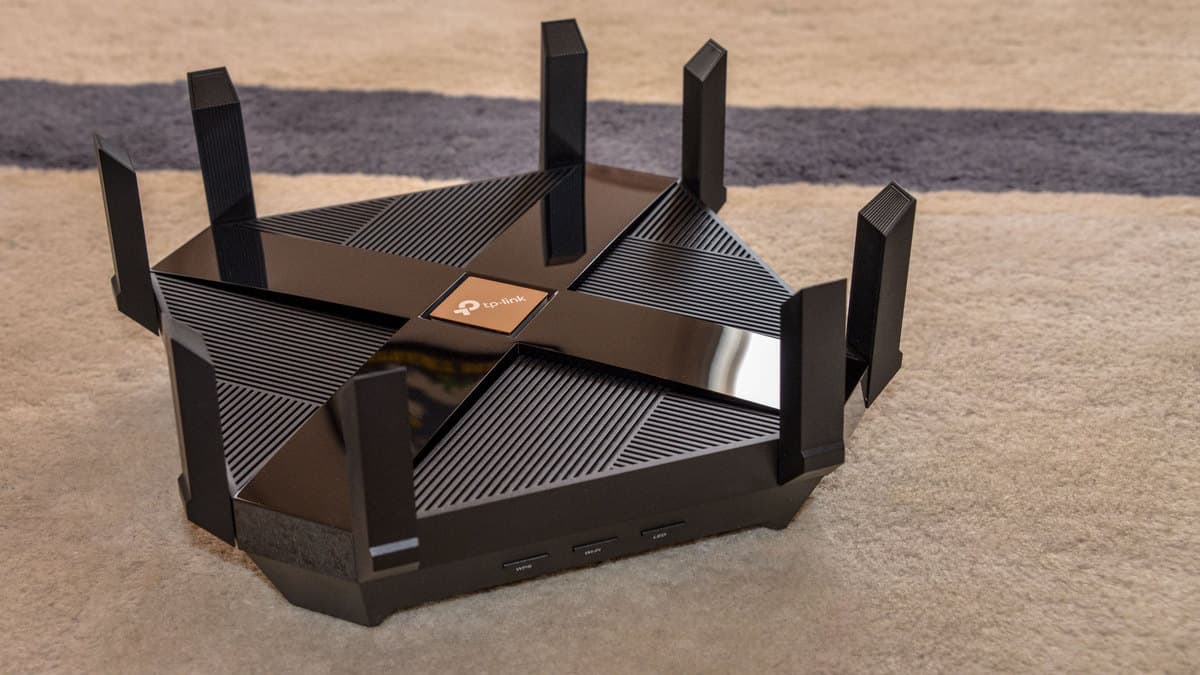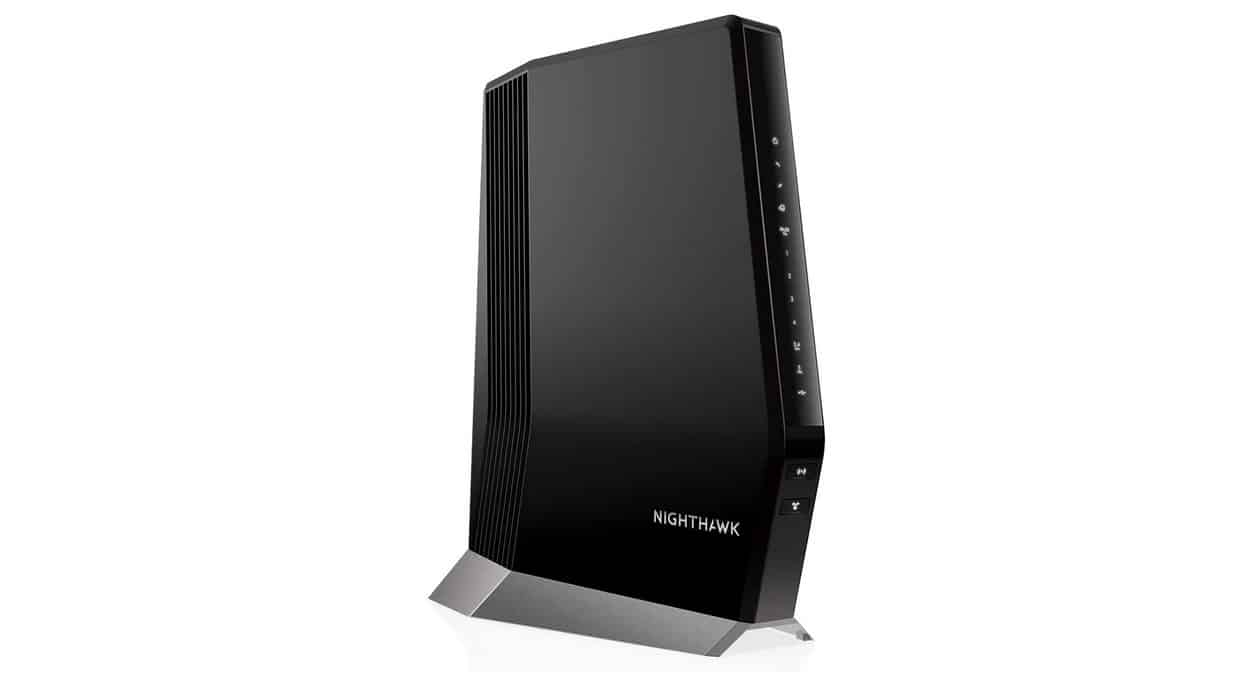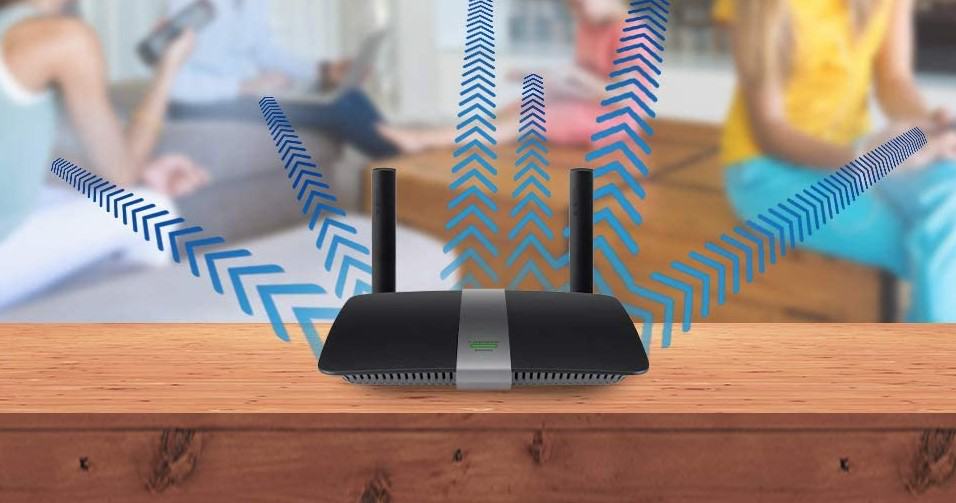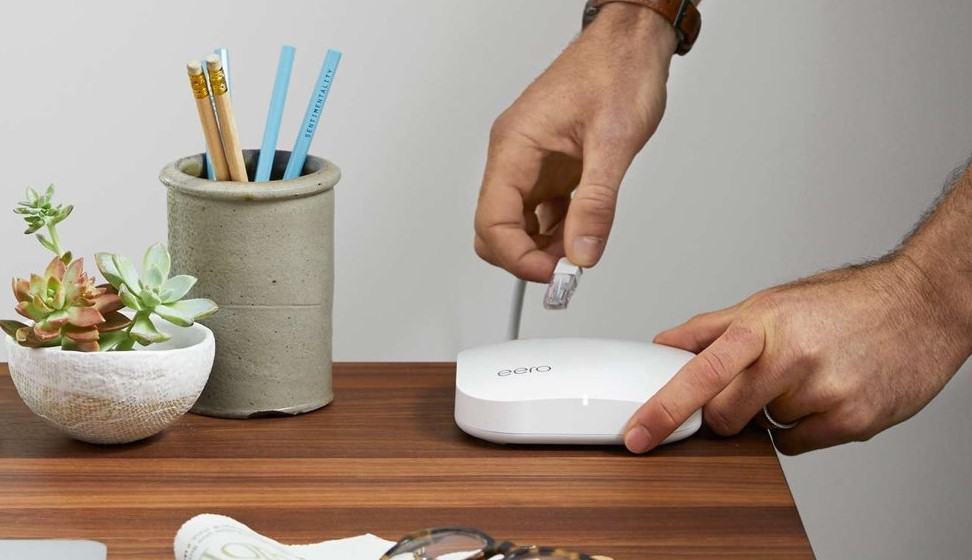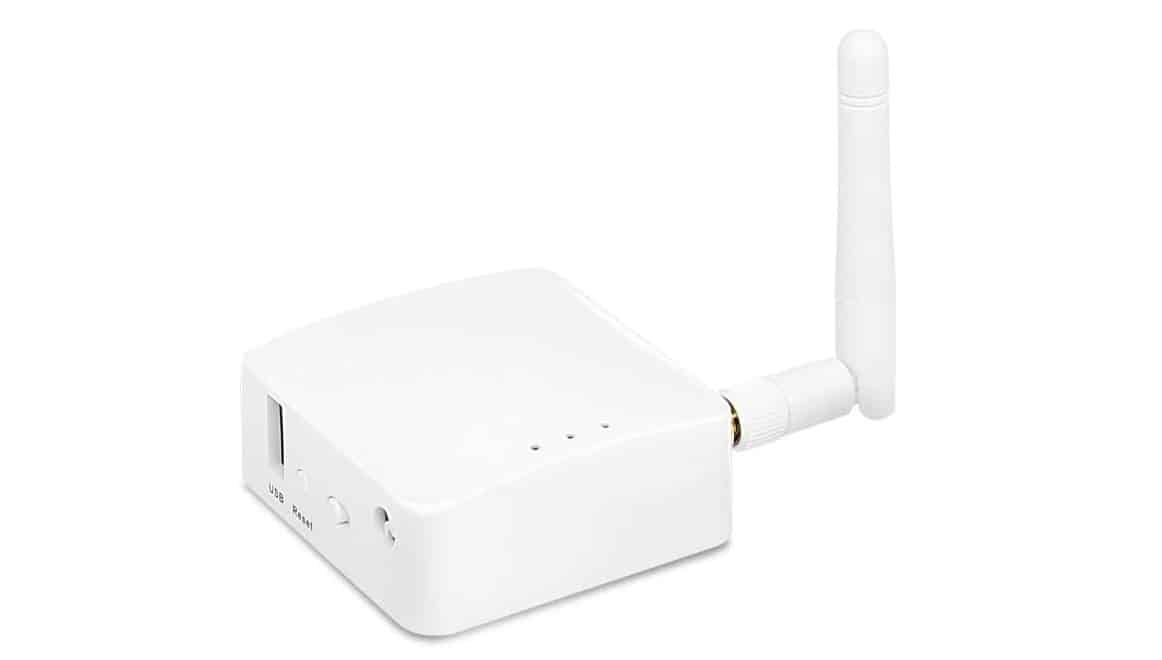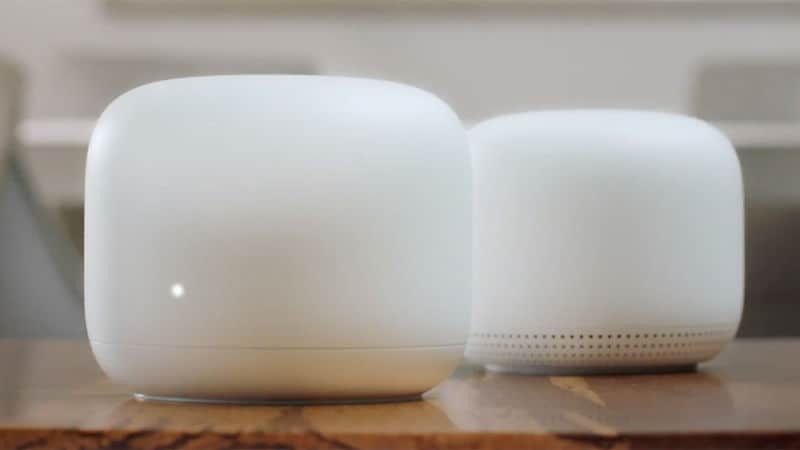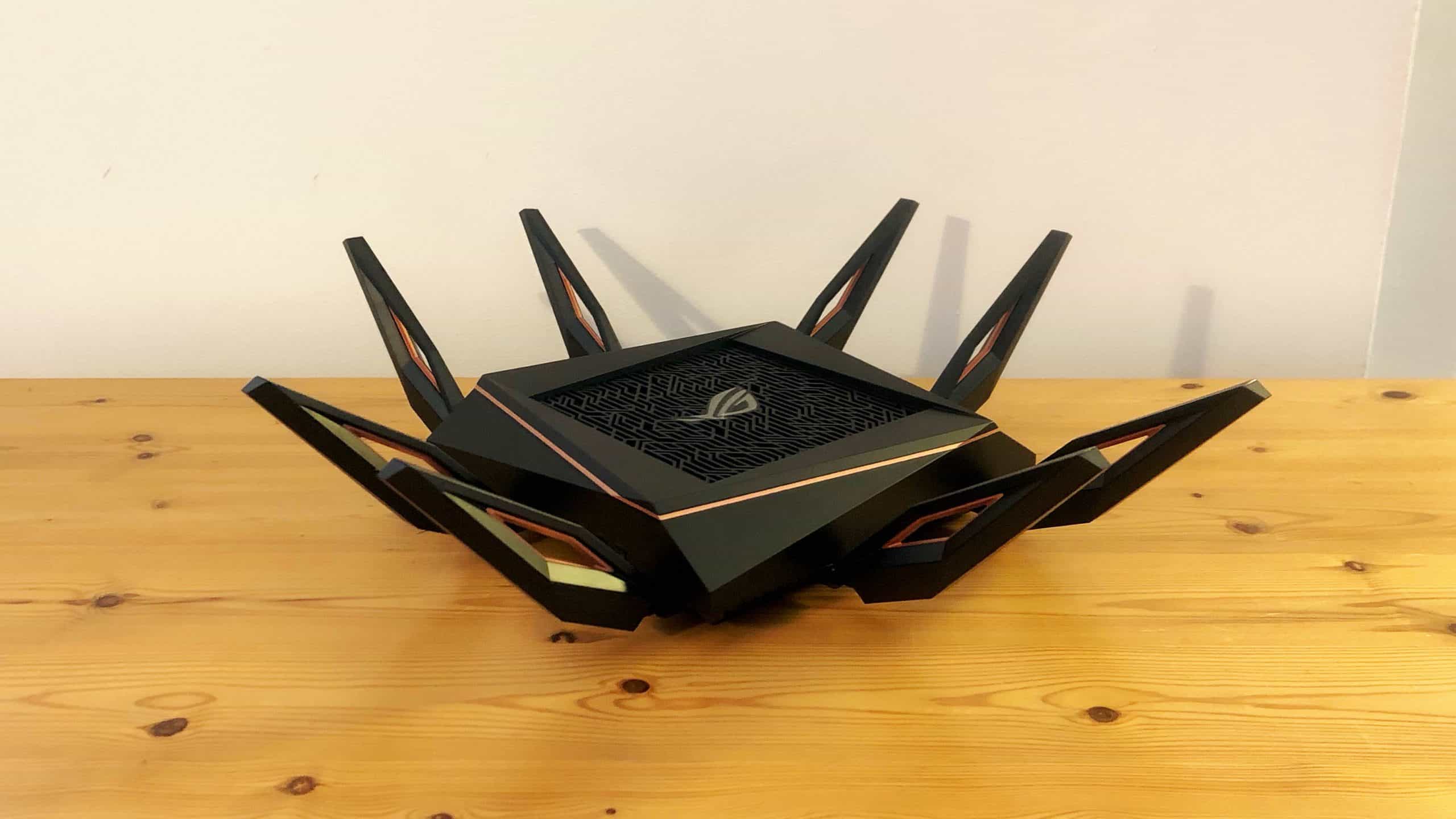Even if you have a top-tier router, you will need to replace it eventually. Even if your current router and internet speed seems fine, how do you know if you need a new router?
KEY TAKEAWAYS:
- You should buy a new router every 3-5 years for the best Wi-Fi signal and internet service.
- Older Wi-Fi network equipment will not receive critical security updates to keep your devices safe.
- If areas of your home are losing connectivity, your aging router may be responsible.
While modern routers offer faster internet speeds than ever before, especially over ethernet cable, your device will slow down over time and suffer from decreased wireless signals and overall slower internet access. With innovations like smart home gadgets and mobile devices, maintaining a stable connection is more important than ever before.
So, let’s take a look at how to tell if you need a new router.
How Do You Know if You Need a New Router
In our internet-connected world, a bad modem or router will stop your productivity in its tracks. Unfortunately, if you’ve only used a single router within the last five years, it’s probably time to upgrade. In addition to better wireless connections, a new router should provide the latest security updates to keep your computer and smart home devices safe from viruses and hackers.
Insider Tip
Consider rebooting your router to clear away any software bugs. In addition, giving your router a chance to cool down will help your hardware work for a long time.
If you upgrade your router, do not throw away your old unit. Learn how to connect a router and switch, and use your old router as a network switch.
Your Wi-Fi Router is Older than Five Years
Most experts recommend upgrading your router after 3-5 years. In addition to updating your router firmware, a newer unit will receive security patches that an older device will not get. Lastly, newer routers offer new Wi-Fi standards and increased bandwidth availability.
You’re Using the Internet Service Provider Modem Combo
While using the internet router provided by your ISP is a decent option, it is not the best equipment you can use for your Wi-Fi devices. Investing in a Wi-Fi 5 router with advanced control options will offer fantastic connectivity improvements.
Degraded Internet Connection Quality or a Dead Spot in Your Home
If your mobile phone or smart devices move slower on the internet, it might be your aging router. In addition, a failing modem or router will cause certain areas of your home or office to lose Wi-Fi signal.
Your Wireless Router is Overheating
Your router needs proper cooling to stay at peak efficiency. If you notice that your unit cannot stay cool, there might be a heating issue. Overheating will affect your maximum speed and is also a fire hazard.
Warning
Never cover your router with clutter or other networking equipment. Your Wi-Fi connection might get blocked, and you may overheat your unit.
F.A.Q.S
Can a modem go bad?
Many people leave their modem plugged in and running all the time. Any electronic device that sees much use will wear down over time. In addition to hardware issues, your modem will age out over time and stop receiving firmware updates from the manufacturer.
Should I buy my own Wi-Fi router?
When you install a Wi-Fi network in your home, the internet provider often rents you a modem and router. While this is convenient, you can get faster speeds by investing in a Wi-Fi 6 router. You’ll enjoy a more robust internet signal and better Wi-Fi standards than most ISPs offer with their included modems.
How long do routers last?
Even if your router doesn’t die, you will notice internet connection issues after about five years of use. As your router ages, the hardware will wear down, and you’ll stop getting security updates from the manufacturer. It is best to upgrade your networking hardware to keep a high quality of service.
STAT: According to a 2018 survey from the US Census Bureau, 86% of urban households have an internet subscription. (source)
REFERENCES:

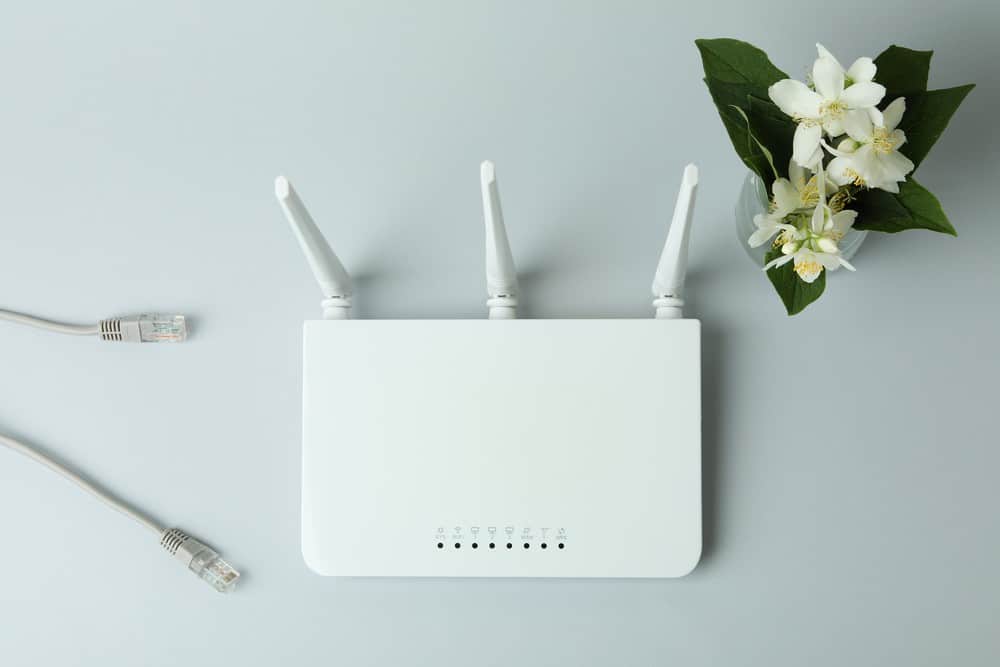


















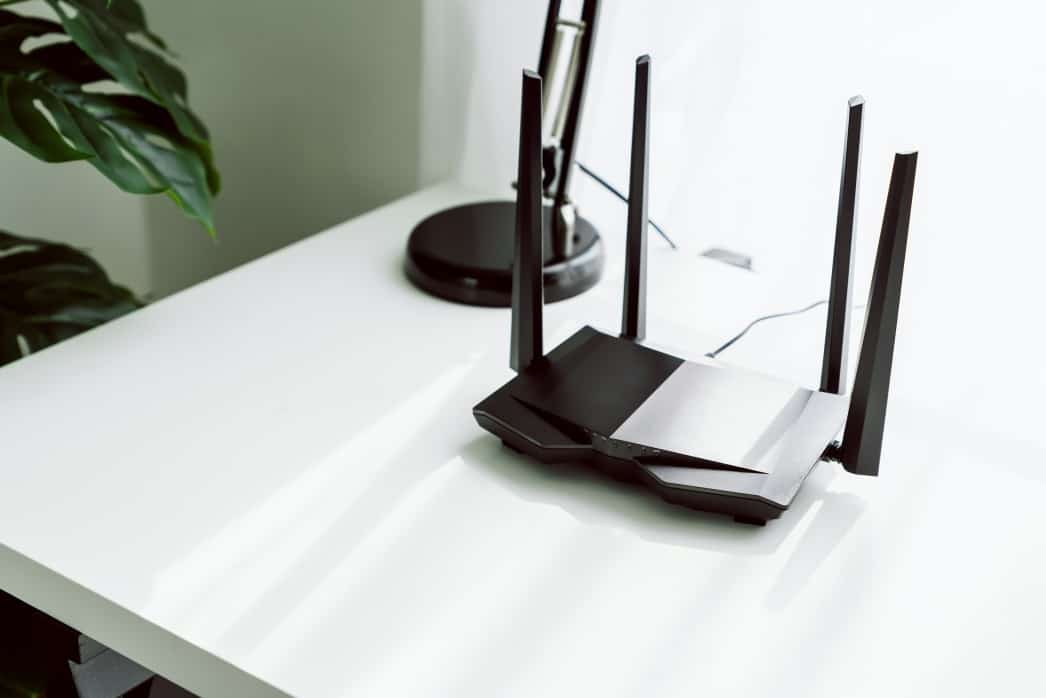
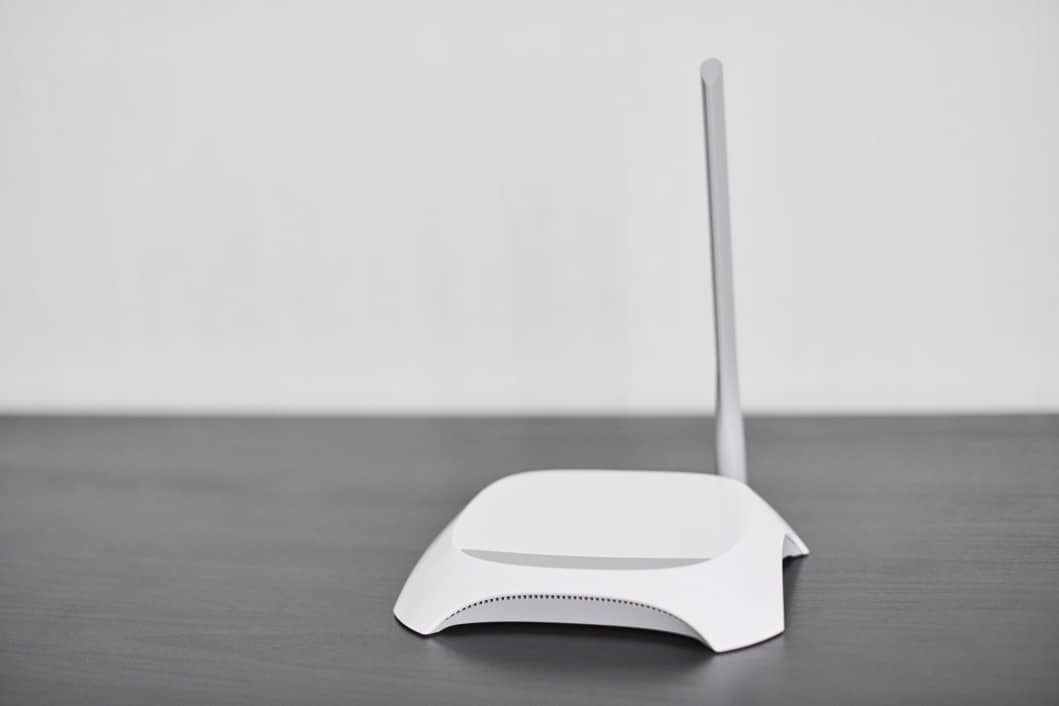



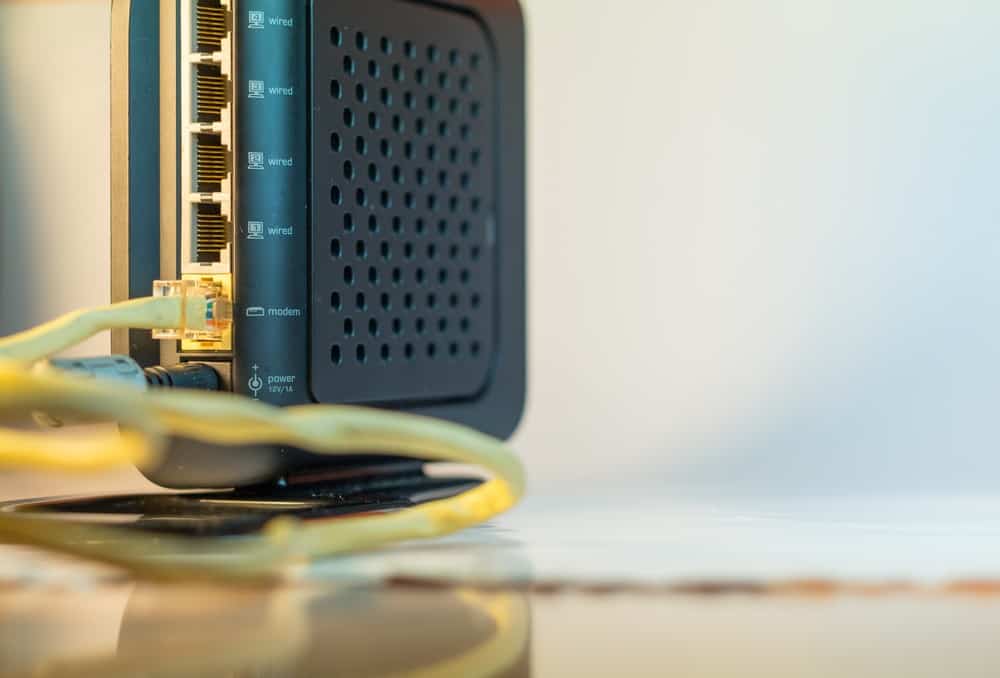

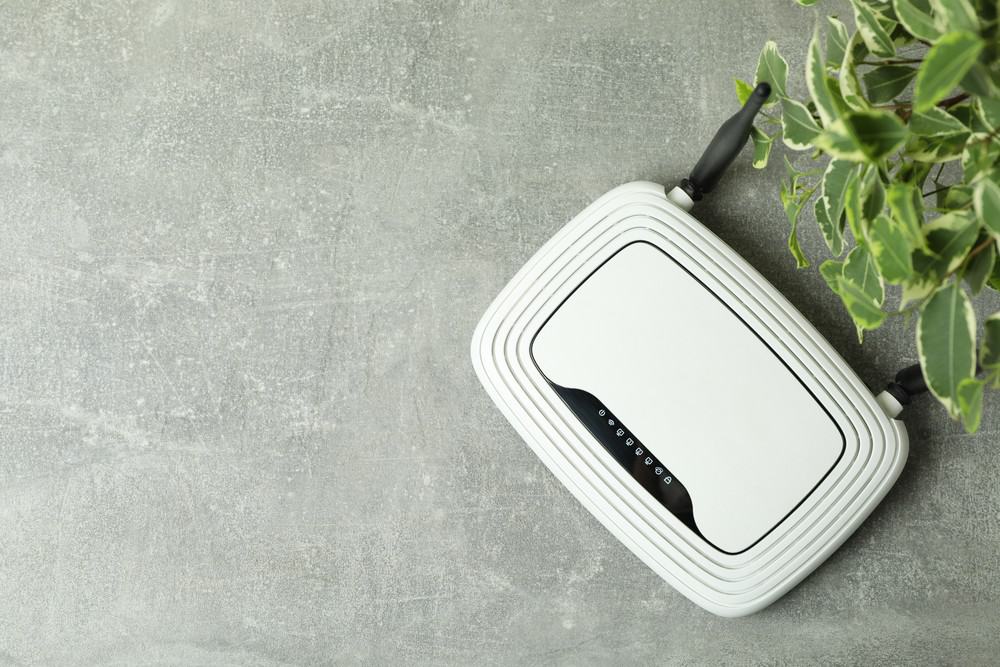
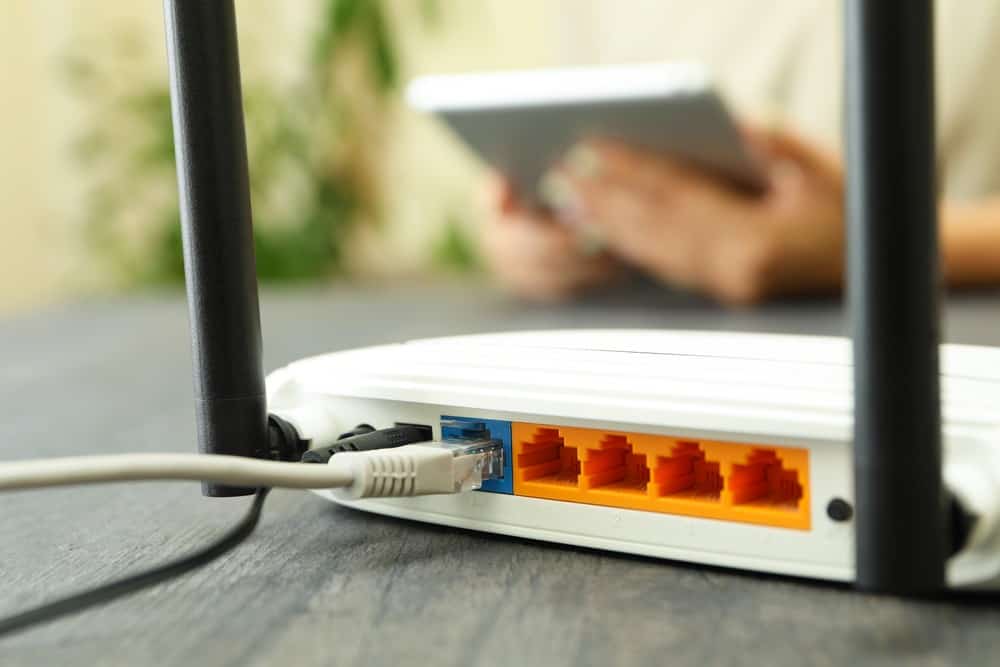
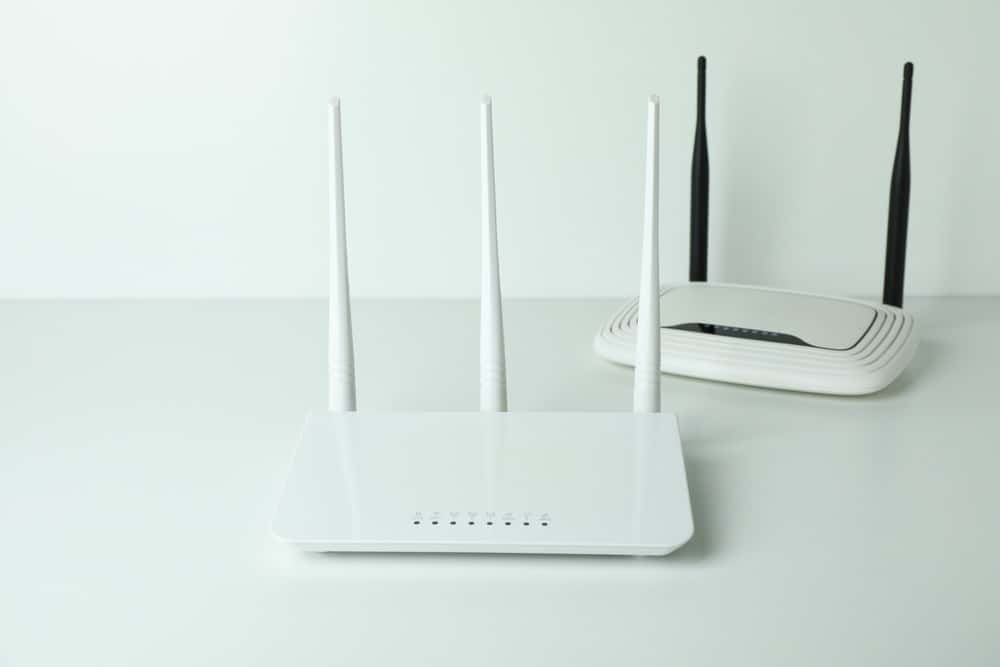
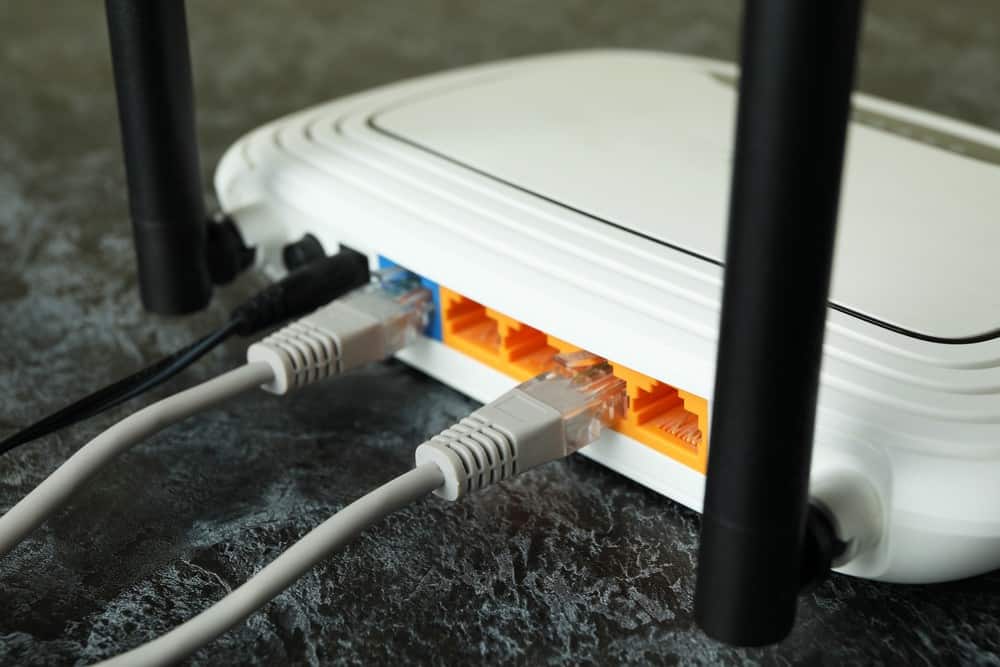
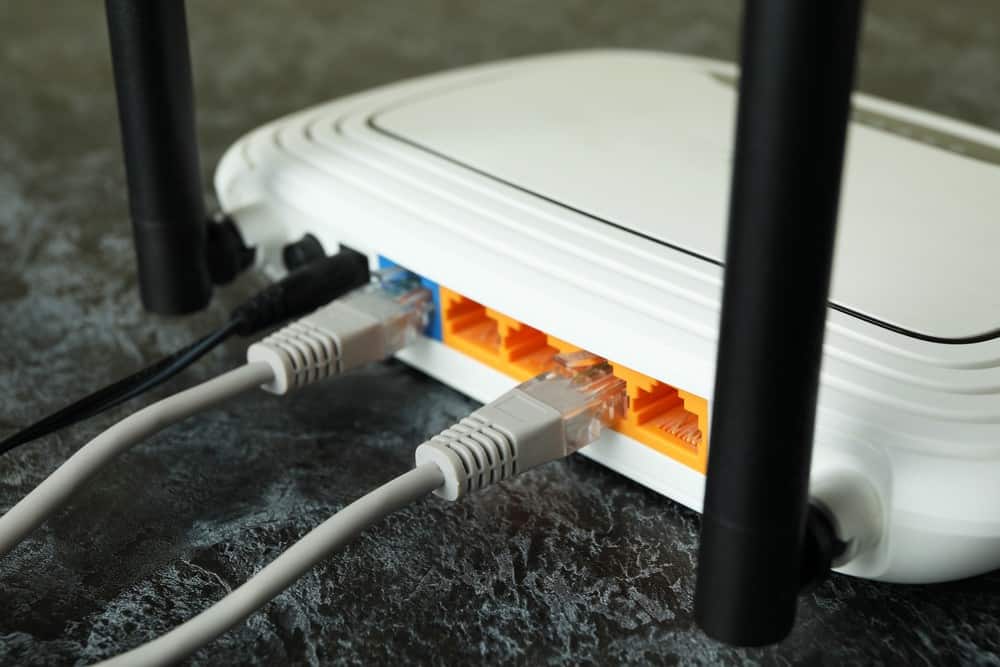
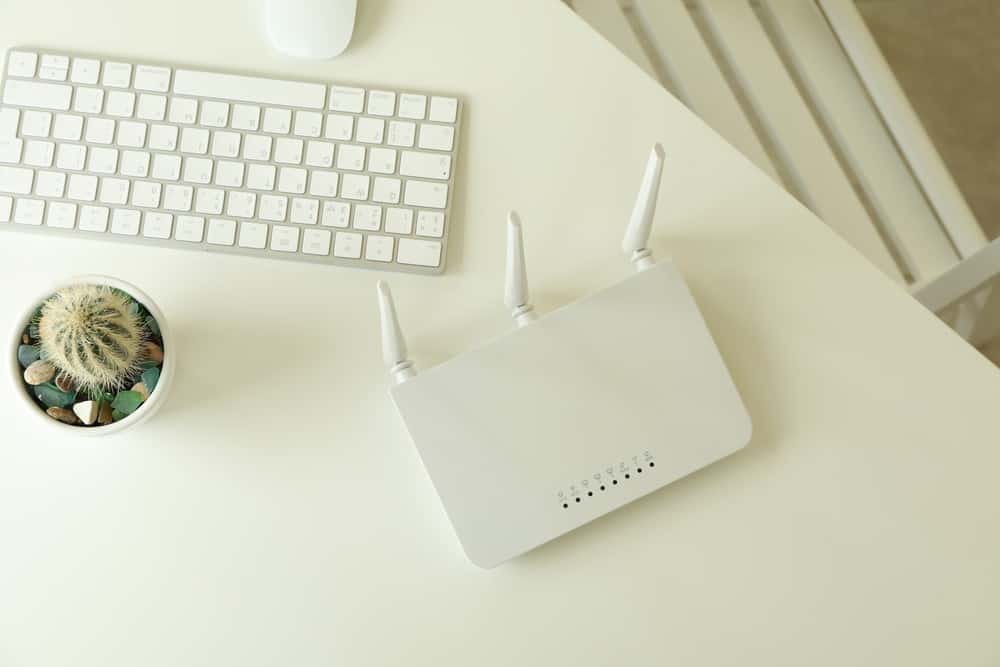

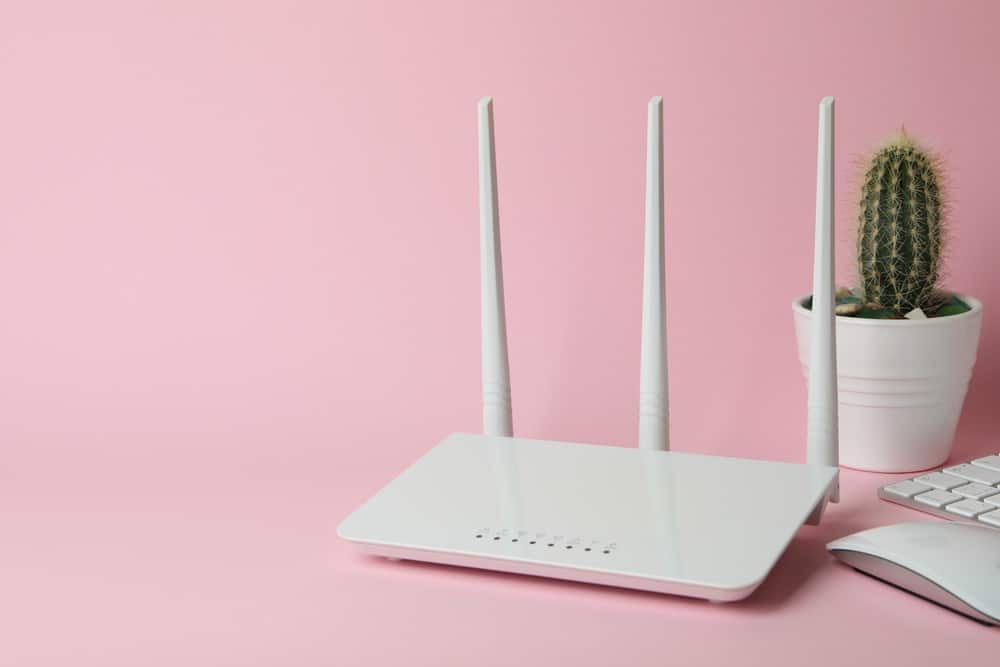
![Best BenQ Monitors in [year] 27 Best BenQ Monitors in 2026](https://www.gadgetreview.dev/wp-content/uploads/best-benq-monitor-image.jpg)
![Best Wifi Extenders For FiOS in [year] 28 Best Wifi Extenders For FiOS in 2026](https://www.gadgetreview.dev/wp-content/uploads/best-wifi-extender-for-fios-image.jpg)
![Best Fiber Optic Routers in [year] 29 Best Fiber Optic Routers in 2026](https://www.gadgetreview.dev/wp-content/uploads/best-fiber-optic-router-image.jpg)
![Best VoIP Routers in [year] 30 Best VoIP Routers in 2026](https://www.gadgetreview.dev/wp-content/uploads/best-voip-router-image.jpg)
![Best Routers for 200Mbps in [year] 31 Best Routers for 200Mbps in 2026](https://www.gadgetreview.dev/wp-content/uploads/best-router-for-200mbps-image.jpg)
![Best Routers for Optimum in [year] 32 Best Routers for Optimum in 2026](https://www.gadgetreview.dev/wp-content/uploads/best-router-for-optimum-image.jpg)
![Best Routers for Apple in [year] 33 Best Routers for Apple in 2026](https://www.gadgetreview.dev/wp-content/uploads/best-router-for-apple-image.jpg)
![Best Routers for Frontier FIOS in [year] 34 Best Routers for Frontier FIOS in 2026](https://www.gadgetreview.dev/wp-content/uploads/best-router-for-frontier-fios-image.jpg)
![Best Secure Routers in [year] 35 Best Secure Routers in 2026](https://www.gadgetreview.dev/wp-content/uploads/best-secure-router-image.jpg)
![Best Routers for Google Fiber in [year] 36 Best Routers for Google Fiber in 2026](https://www.gadgetreview.dev/wp-content/uploads/best-router-for-google-fiber-image.jpg)
![Best Routers for Cox in [year] 37 Best Routers for Cox in 2026](https://www.gadgetreview.dev/wp-content/uploads/best-router-for-cox-image.jpg)
![Best Asus Routers in [year] 38 Best Asus Routers in 2026](https://www.gadgetreview.dev/wp-content/uploads/best-asus-routers-image.jpg)
![Best Linksys Routers in [year] 39 Best Linksys Routers in 2026](https://www.gadgetreview.dev/wp-content/uploads/best-linksys-routers-image.jpg)
![Best Routers for CenturyLink in [year] 40 Best Routers for CenturyLink in 2026](https://www.gadgetreview.dev/wp-content/uploads/best-router-for-centurylink-image.jpg)
![Best WiFi Routers for Multiple Devices in [year] 41 Best WiFi Routers for Multiple Devices in 2026](https://www.gadgetreview.dev/wp-content/uploads/best-wifi-router-for-multiple-devices-image.jpg)
![Best Wired Routers in [year] 42 Best Wired Routers in 2026](https://www.gadgetreview.dev/wp-content/uploads/best-wired-router-image.jpg)
![Best Routers for 4K Streaming in [year] 43 Best Routers for 4K Streaming in 2026](https://www.gadgetreview.dev/wp-content/uploads/best-router-for-4k-streaming-image.jpg)
![Best Cisco Routers in [year] 44 Best Cisco Routers in 2026](https://www.gadgetreview.dev/wp-content/uploads/best-cisco-routers-image.jpg)
![Best eero Routers in [year] 45 Best eero Routers in 2026](https://www.gadgetreview.dev/wp-content/uploads/best-eero-routers-image.jpg)


